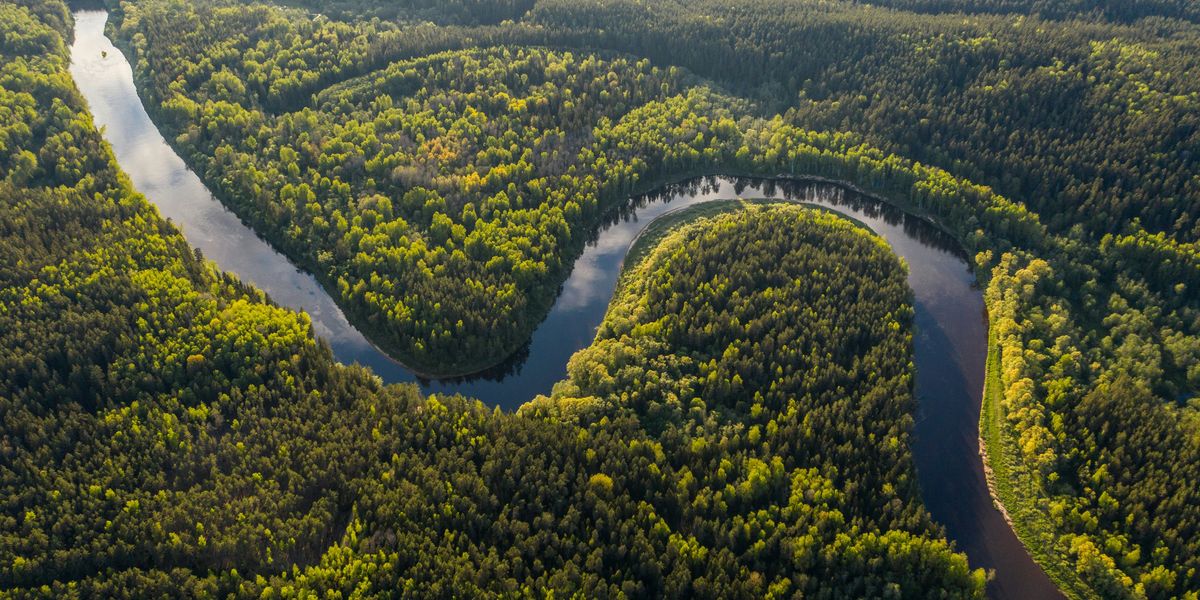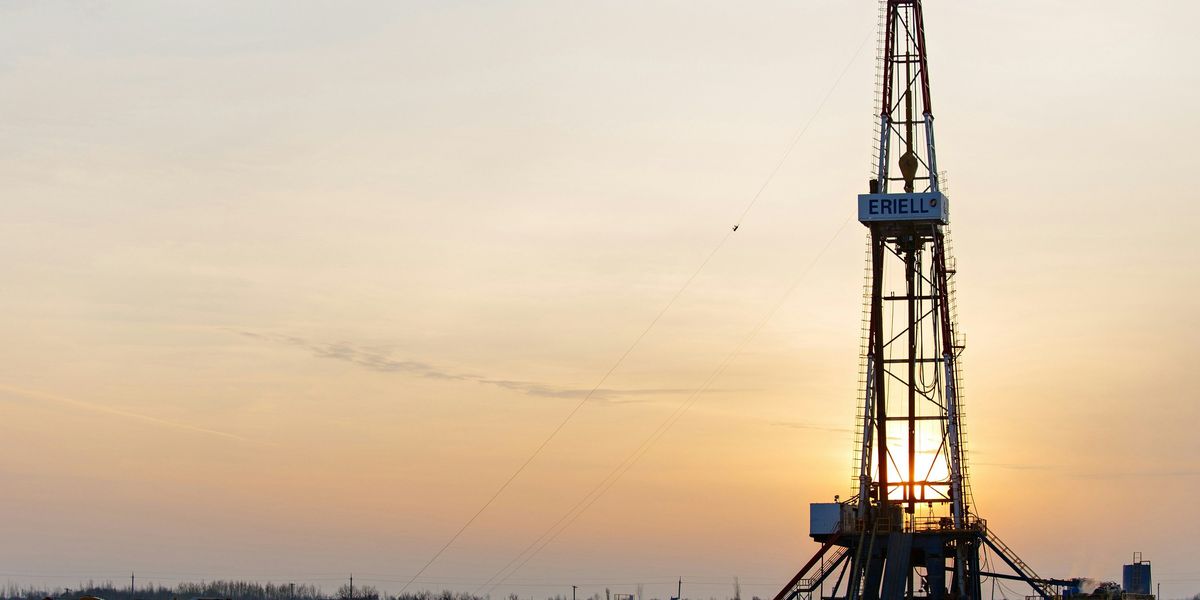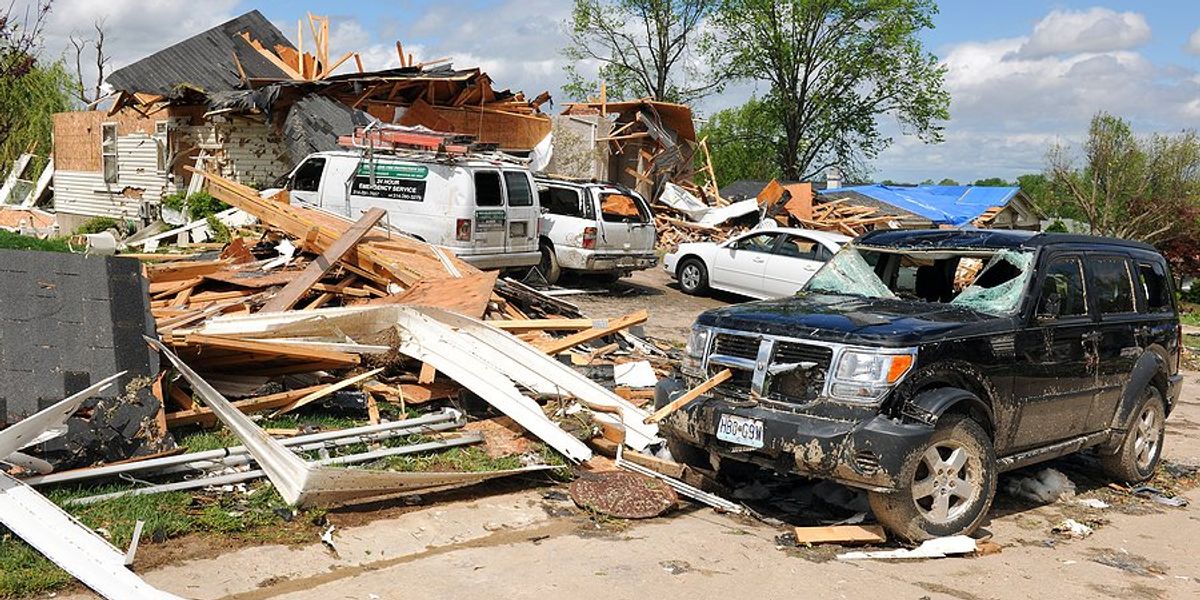
Brazilian states push back on Amazon protections
Brazilian Amazon states are rolling back environmental regulations, with Mato Grosso leading efforts to weaken deforestation controls and challenge international conservation agreements.
Fernanda Wenzel reports for Mongabay.
In short:
- Mato Grosso passed a law undermining the soy moratorium, which had helped reduce Amazon deforestation by 69% since 2008. Other Amazon states have also approved measures weakening conservation protections.
- State lawmakers are attempting to redefine protected Amazon lands as Cerrado grasslands, allowing more agricultural expansion. Though the governor vetoed the bill, discussions continue.
- A growing agribusiness lobby opposes international environmental rules, including the EU's anti-deforestation law, arguing that restrictions threaten economic development.
Key quote:
“These proposals are being given a place they never had before. It’s an all-out attack.”
— Suely Araújo, public policy coordinator at the Climate Observatory
Why this matters:
Deforestation in the Amazon accelerates climate change, threatens biodiversity and endangers Indigenous communities. Weakening environmental protections could also lead to water shortages that even agribusinesses rely on. International pressure and sustainable policies are key to protecting the region.
Read more: Brazil’s new laws threaten Amazon deforestation protections














